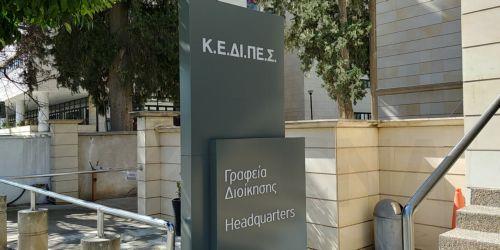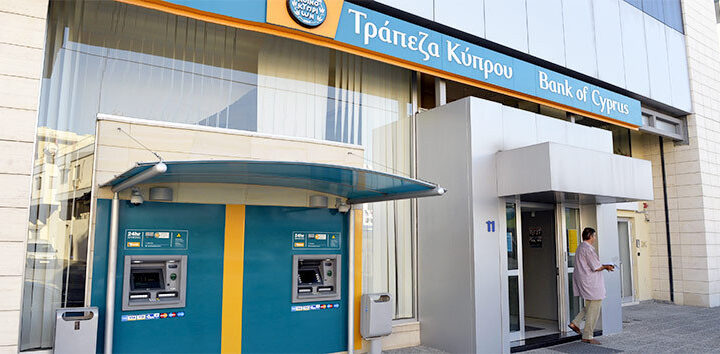The Mortgage to Rent scheme, the government’s latest lifeline for distressed borrowers, is in rough seas after the Finance Ministry claimed to be in the dark over the exact number of eligible applicants.
The Finance Ministry said the potential number of eligible applicants could not be determined accurately as borrowers will not reveal their true income.
Applications are submitted through banks, with the ministry arguing that borrowers withhold information over any state benefits received.
And borrowers need to cooperate with banking institutions or credit-acquiring companies fully.
Last year, the Finance Ministry’s permanent secretary George Panteli said that 3,000 to 4,000 distressed borrowers would be included in the new government scheme.
The cost of the scheme was estimated to €400 mln.
A banking source told the Financial Mirror that stakeholders fear the lack of cooperation may see another lifeline thrown to defaulted borrowers wasted, as in the case of the ESTIA scheme subsidising borrowers with toxic mortgages.
According to ministry data, 30% of the 6,393 Estia applications were rejected as they were deemed incomplete.
Of the 4,374 completed applications, only 1,050 have been approved, and 62% of completed applications have been rejected.
The mortgage-to-rent plan is for KEDIPES, the state-owned Asset Management Company, the former Coop Bank turned bad bank, to acquire the properties tied to the mortgage at 50 to 60% of their current value.
This way, the debtors would maintain occupancy of the property but not its ownership.
In exchange, the outstanding debt would be written off.
Borrowers will then be given the option to stay on the property, paying rent equal to 2% or 3% of its market value.
Rent will be adjusted annually based on a formula to be decided, while borrowers will have the option of state aid in case of any increases they cannot meet.
It entails a 15-year payment duration, while borrowers could submit a proposal to acquire the property after five years.
The value of the home must not exceed €250,000.
The scheme is currently before the European Commission for evaluation, with the Finance Ministry noting in its update to the House that it expects a reply in January.
The ministry intends to set the scheme in motion before the government’s term ends in February.
Initially, Nicosia had been preparing a mortgage-to-rent scheme to cover non-performing loans collateralised by primary residences and SME premises, with a value of up to €350,000.
However, Brussels shot it down in June, demanding it only covers borrowers with homes worth under €250,000.










